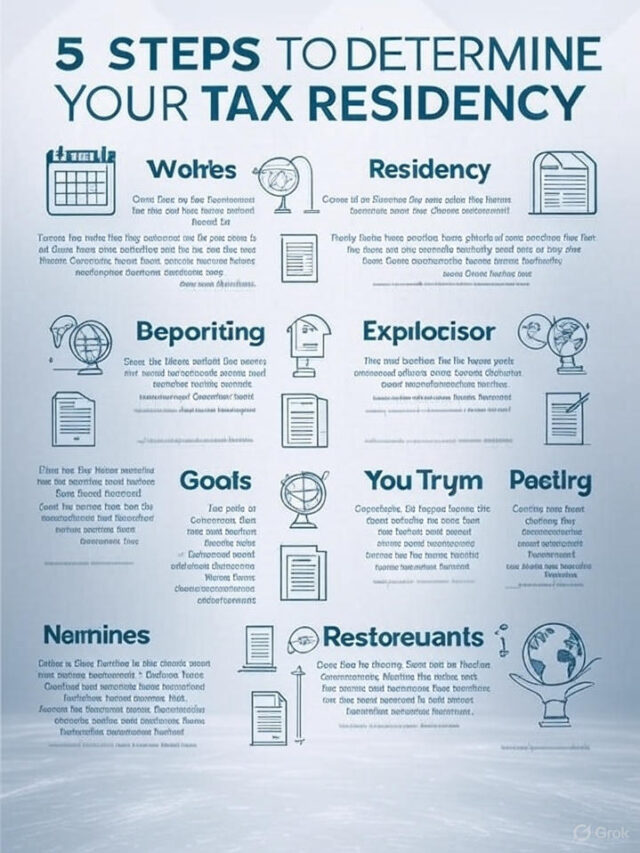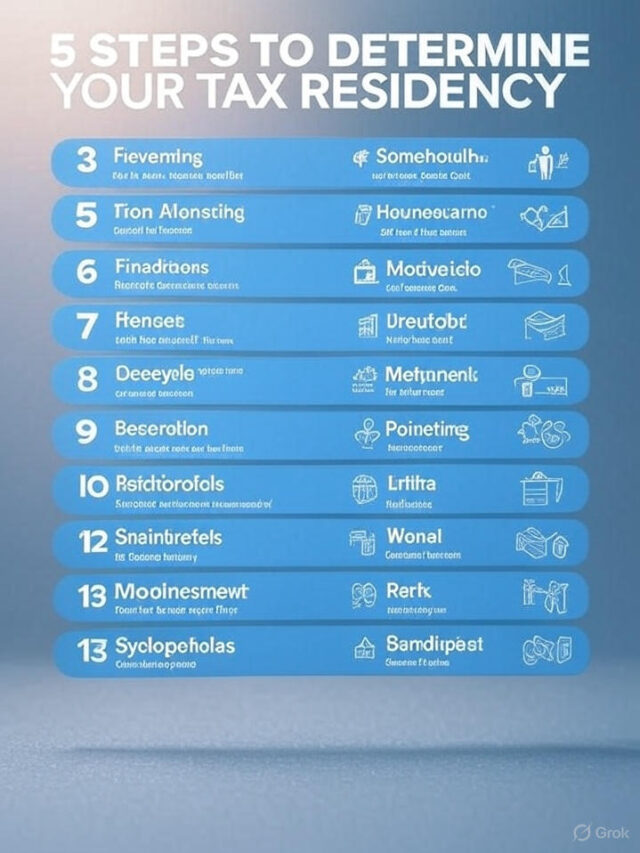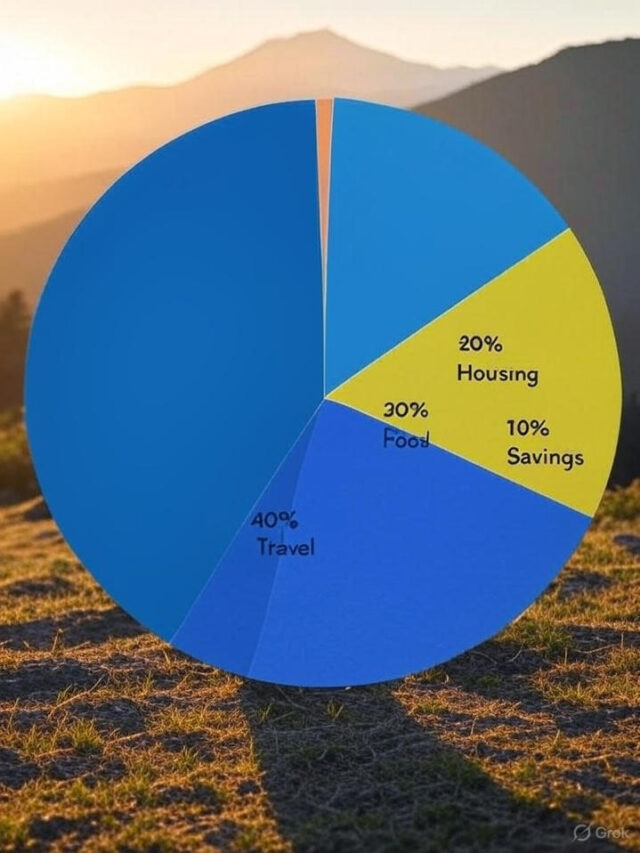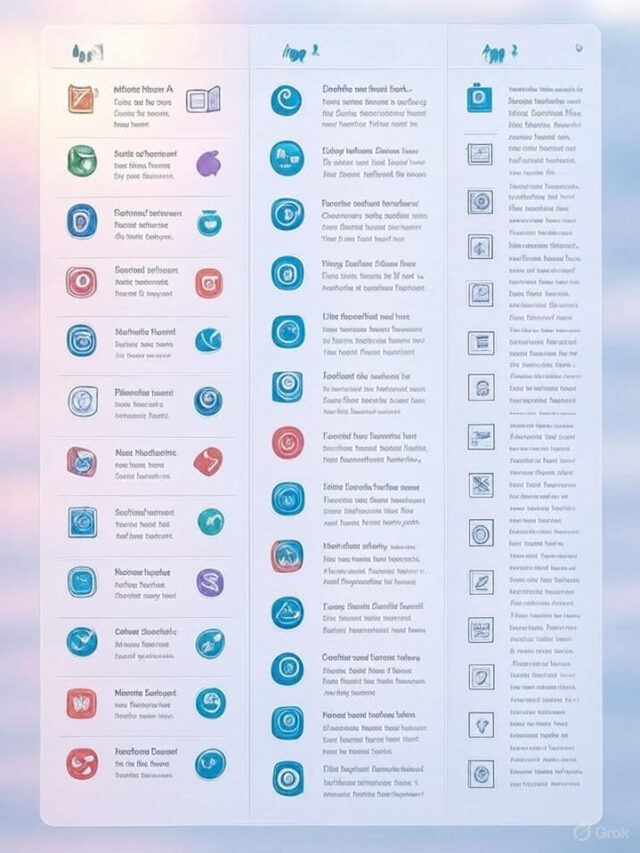
Stop Panicking! Genius Health Worry Solutions to Reclaim Your Peace of Mind
Health worries are make you feel like uninvited guests taking away your mental peace. One minute you’re fine, and the next, you’re spiraling over a headache or a weird symptom you Googled at 2 a.m. Sound familiar? If you’re tired of health anxiety stealing your joy, this article is your ticket to freedom. Packed with practical, expert-backed health worry solutions, we’ll show you how to tame those fears and live with confidence. Let’s dive into strategies that work, delivered with a dose of inspiration to keep you motivated!
Table of Contents
Why Health Worries Haunt Us
You feel a twinge in your chest, and suddenly you’re convinced it’s a heart attack. Your mind races, your palms sweat, and WebMD becomes your worst enemy. Health anxiety affects millions—studies estimate up to 20% of people experience it at some point. It’s not just hypochondria; it’s a natural response to uncertainty in a world where health information (and misinformation) is everywhere.
The problem? Our brain designed to focus on threats. A 2021 study in Psychological Science found that humans are more likely to dwell on negative possibilities than positive ones. Add in endless online symptom checkers, and it’s no wonder we’re stressed. But here’s the good news: health worry solutions exist, and they’re easier to implement than you think.
Health Worry Solutions: Practical Steps to Take Control
Let’s get to the good stuff—actionable ways to kick health worries to the curb. These strategies come straight from experts but are simple enough for anyone to try.
1. Stop the Google Spiral
Googling symptoms is like falling down a rabbit hole with no bottom. A headache could be dehydration… or something catastrophic, according to the internet. Dr. Sarah Thompson, a clinical psychologist, says, “Online searches amplify fear because they lack context.” Instead:
-
Set a rule: Don’t find any symptom from your body for 24 hours.
-
Use trusted sources: Stick to sites like Mayo Clinic or NHS if you must look.
-
Distract yourself: Try a hobby or call a friend when the urge to search hits.
2. Practice the 3-3-3 Rule
When anxiety spikes, ground yourself with this therapist-approved trick:
-
Look around: Name three things you see.
-
Listen closely: Identify three sounds you hear.
-
Move your body: Touch three things, like your phone, a table, or your hair.
3. Keep a Worry Journal
Writing down your fears can shrink them. A 2019 study in Behavior Therapy found that journaling reduces anxiety by 30% in some cases. Here’s how:
Jot down what triggered your worry (e.g., “Felt a stomachache after lunch”).
Rate its intensity (1-10).
Revisit it later to see if it was as bad as you thought. Spoiler: It usually isn’t.
4. Challenge Catastrophic Thinking
Your mind loves to jump to worst-case scenarios, but you can talk it down. Ask yourself:
What’s the evidence this is serious?
What’s more likely (e.g., stress vs. a rare disease)?
If it is something, can I handle it? (Hint: You’re stronger than you think.)
Lifestyle Hacks to Reduce Health Anxiety
Sometimes, the best health worry solutions aren’t about fighting anxiety directly—they’re about building a life that leaves less room for it. Try these game-changers:
1. Move Your Body
You do exercise not only for your body but also for your mental health . A 2022 meta-analysis in The Lancet showed that 30 minutes of moderate exercise five times a week.
Imagine Sarah, a 35-year-old teacher, standing on a stage, her voice steady but warm, addressing a crowd of everyday folks—parents, office workers, students. “You don’t have to let health worries run your life,” she says, her eyes scanning the room. “I used to lie awake, convinced every ache was something awful. But I learned tools—simple, powerful tools—that gave me my peace back. And they can work for you too.”
Sarah’s not just preaching; she’s sharing health worry solutions that transformed her life. Let’s break them down so you can start today.
Why Health Worries Feel So Real
Health anxiety isn’t just “overreacting.” It’s your brain doing its job—too well. Evolution wired us to spot danger, like a lion in the grass. Today, that lion might be a random pain or a headline about a new disease. According to a 2021 study in Psychological Science, our brains prioritize negative possibilities, making every symptom feel like a red flag.
Add in the internet, and it’s chaos. A 2023 survey by Pew Research found 60% of adults have searched for health info online, often landing on worst-case scenarios. No wonder we’re stressed! But here’s the truth: health worry solutions can rewire how you respond to those fears.
Top Health Worry Solutions to Try Now
Sarah paces the stage, her energy infectious. “You don’t need a PhD to beat health anxiety,” she says. “These tools are simple but mighty.” Here’s what experts recommend:
1. Break the Google Habit
“Hands up if you’ve Googled a symptom and regretted it!” Sarah laughs as hands shoot up. Searching symptoms often fuels fear. Dr. Mark Sullivan, a psychiatrist, says, “Online info lacks context, so your brain fills in the blanks with doom.”
Try this: Ban symptom searches for 24 hours. If you must look, use trusted sites like Mayo Clinic.
Distract yourself: Watch a funny video or tackle a puzzle when the urge hits.
Track it: Note how often you search. Seeing the habit helps you break it.
2. Use the 3-3-3 Rule
When worry spikes, ground yourself. Sarah demonstrates: “Look around. Name three things you see. Listen for three sounds. Touch three objects.” This trick, backed by therapists, shifts focus from panic to the present.
Why it works: It engages your senses, calming your nervous system.
Pro tip: Practice when you’re calm so it’s second nature during stress.
3. Write It Out
Journaling isn’t just for teens. A 2019 study in Behavior Therapy found it can cut anxiety by 30%. Sarah shares, “I used to write, ‘Chest pain, feels like a heart attack.’ A day later, I’d see it was just stress.”
How to start: List your worry, rate its intensity (1-10), and note what happened later.
Bonus: Over time, you’ll spot patterns and realize most fears don’t come true.
4. Talk Back to Your Brain
Your mind loves catastrophizing. Sarah mimics her old self: “This headache’s a tumor!” The crowd chuckles. To counter this, ask:
What’s the evidence this is serious?
What’s a more likely explanation?
If it’s real, can I handle it? (Spoiler: You can.) This “cognitive restructuring” is a cornerstone of Cognitive Behavioral Therapy (CBT), proven effective in 70% of anxiety cases, per a 2020 JAMA Psychiatry study.
Lifestyle Changes to Keep Worries at Bay
Sarah leans forward, her voice softening. “Sometimes, the best health worry solutions aren’t about fighting anxiety—they’re about building a life where it can’t thrive.” Here’s how:
1. Get Moving
Exercise is a stress-buster. A 2022 The Lancet study found 30 minutes of moderate activity five times a week slashes anxiety by 25%. Sarah shares, “I started walking daily. It’s like my brain got a vacation.”
Ideas: Try yoga, dancing, or a brisk walk.
Start small: Even 10 minutes counts.
2. Sleep Like a Pro
Poor sleep fuels worry. The National Sleep Foundation says 7-9 hours nightly boosts mental clarity. Sarah admits, “I cut late-night scrolling, and my anxiety dropped.”
Tips: Dim lights, skip caffeine after noon, and set a bedtime routine.
Fun fact: Consistent sleep schedules improve mood in 80% of people, per a 2021 study.
3. Connect with Others
Isolation breeds fear. A 2023 American Psychological Association report found social support cuts anxiety by 40%. Sarah beams, “Coffee with friends saved me more than any pill.”
Action: Call a loved one, join a club, or volunteer.
Why it helps: Connection reminds you you’re not alone.
When to Get Extra Help
Sarah’s tone turns serious. “Sometimes, you need a pro—and that’s okay.” If worries disrupt sleep, work, or joy for weeks, consider:
-
Therapy: CBT or mindfulness-based therapy works wonders. Find a therapist via Psychology Today or local clinics.
-
Medical checkups: A doctor can rule out real issues, easing your mind.
-
Medication: In severe cases, meds like SSRIs help 60% of patients, per a 2022 Journal of Clinical Psychiatry study.
Sarah expresses that she visited a therapist for six consecutive months. It was like getting a manual for my brain.” Don’t wait—help is out there.
You’ve Got This!
Health worries don’t have to rule your life. With these health worry solutions—from breaking the Google habit to moving your body—you can reclaim your peace. Sarah’s voice rises, inspiring: “You’re stronger than your fears. Start with small steps, remain consistent till end, and notice how your confidence grow!” Take one step today. Maybe it’s a walk, a journal entry, or a chat with a friend. Whatever it is, you’re building a worry-free future, one choice at a time.
FAQ: Your Health Worry Questions Answered
Q: How do I know if my health worry is normal?
A: Occasional worry is human. If it’s constant, disrupts daily life, or lasts weeks, consider therapy or a doctor’s visit.
Q: Can exercise really help with health anxiety?
A: Yes! Studies show 30 minutes of movement most days reduces anxiety by up to 25%.
Q: What’s the best way to stop Googling symptoms?
A: Set a 24-hour no-search rule, distract yourself with a hobby, and stick to trusted sites if needed.
Q: Which symptoms make me to visit the Doctor?
A: If symptoms persist, worsen, or come with red flags (e.g., unexplained weight loss), get checked. Otherwise, try health worry solutions first.
Q: Is health anxiety the same as hypochondria?
A: They’re similar, but hypochondria is a specific diagnosis involving intense, persistent fear of illness. Health anxiety is broader and more common.
Table of Contents


Tax Strategies for Digital Nomads: A Comprehensive Guide to Staying Compliant and Saving Money


Saving Money as a Digital Nomad: A Comprehensive Guide to Financial Freedom


The Best Budgeting Apps for Digital Nomads: Managing Finances on the Go


AI Writing Tools: Your Ultimate Guide to Smarter Content Creation in 2025

Categories
Pages
Recent Posts

Retirement Planning for Digital Nomads: A Roadmap to Financial Freedom on the Move

Tax Strategies for Digital Nomads: A Comprehensive Guide to Staying Compliant and Saving Money


Saving Money as a Digital Nomad: A Comprehensive Guide to Financial Freedom












